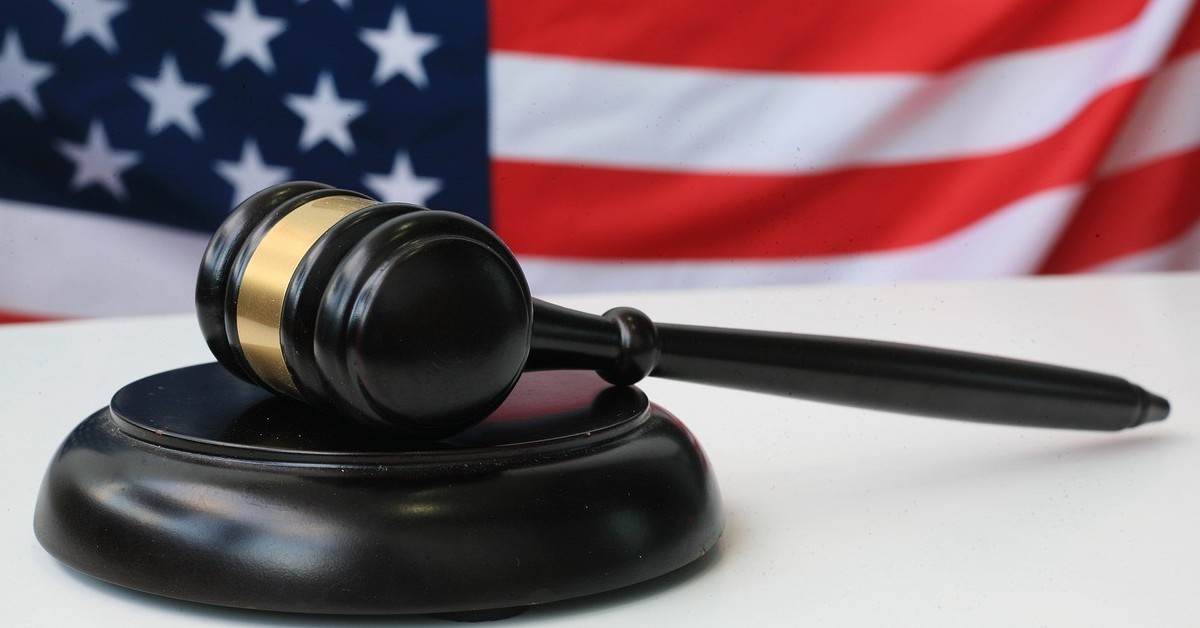There are currently four criminal cases involving President-elect Doand Trump.
Where do they go now since Trump got elected?
“The two federal cases, brought by Special Counsel Jack Smith, will most likely be terminated,’ said Mike O’Neill with the Landmark Legal Foundation.
O’Neill added that the two ongoing state cases may continue, but there are legal arguments to delay or dismiss these cases.
Jack Smith’s prosecutions in Florida and Washington DC:
Upon taking office, President Trump can dissolve the Office of Special Counsel, effectively ending these cases. President Trump can also (most likely) pardon himself for these alleged federal crimes.
The 11th Circuit will hold a hearing on Judge Aileen Cannon’s dismissal of the Florida prosecution (Mar-a-Lago classified documents case) but will probably not be able to affirm or reverse the dismissal before Trump dissolves the Office of the Special Counsel.
As for the election interference case, O’Neill highlighted that DC District Court Judge Tanya Chutkin is now considering issues regarding presidential immunity and the legality of the Special Counsel appointment. Again, it is highly unlikely that any trial will occur before President-Elect Trump takes office. In effect, the federal cases are dead.
State Cases:
New York (election interference case):
Judge Juan Merchan stated that he would issue a decision on Trump’s motion to set aside the jury verdict on November 12 and ordered that sentencing (if necessary) be on November 26.
Georgia: On December 5, the Georgia Court of Appeals will hear arguments on whether the lower court erred in declining to dismiss DA Fani Willis.
“It is an open question whether President Trump can pardon himself for violations of state law. He may attempt to do this, and the issue will be litigated,’ said O’Neill. He also says a strong case can be made that imprisoning and/or prosecuting a sitting president will conflict with the national interest. These state cases should be suspended until President Trump leaves office.




















